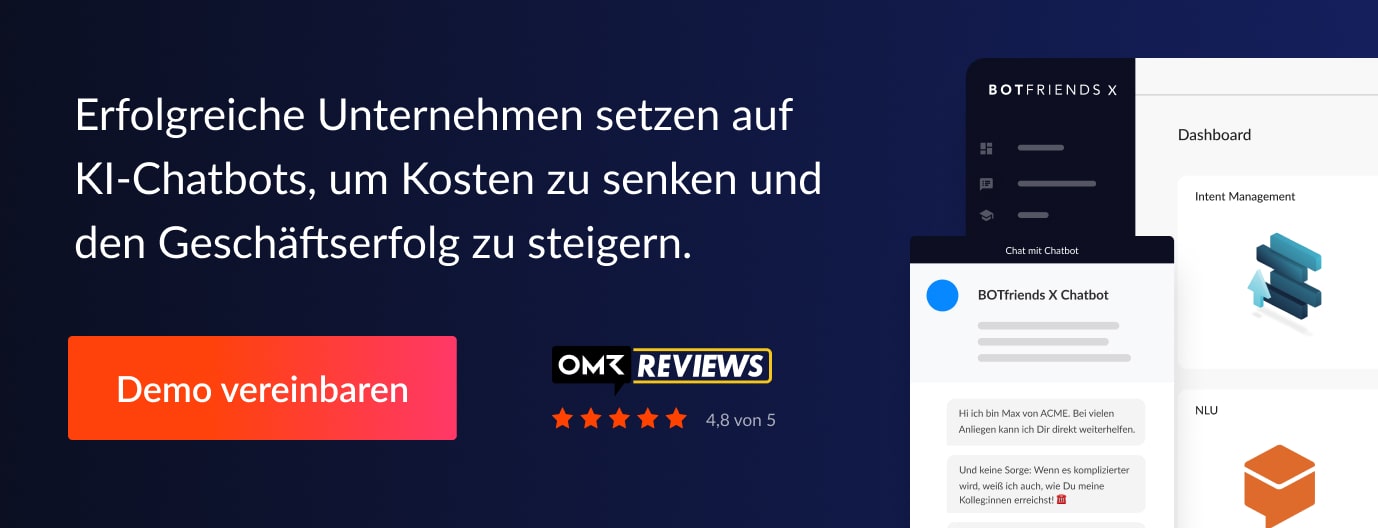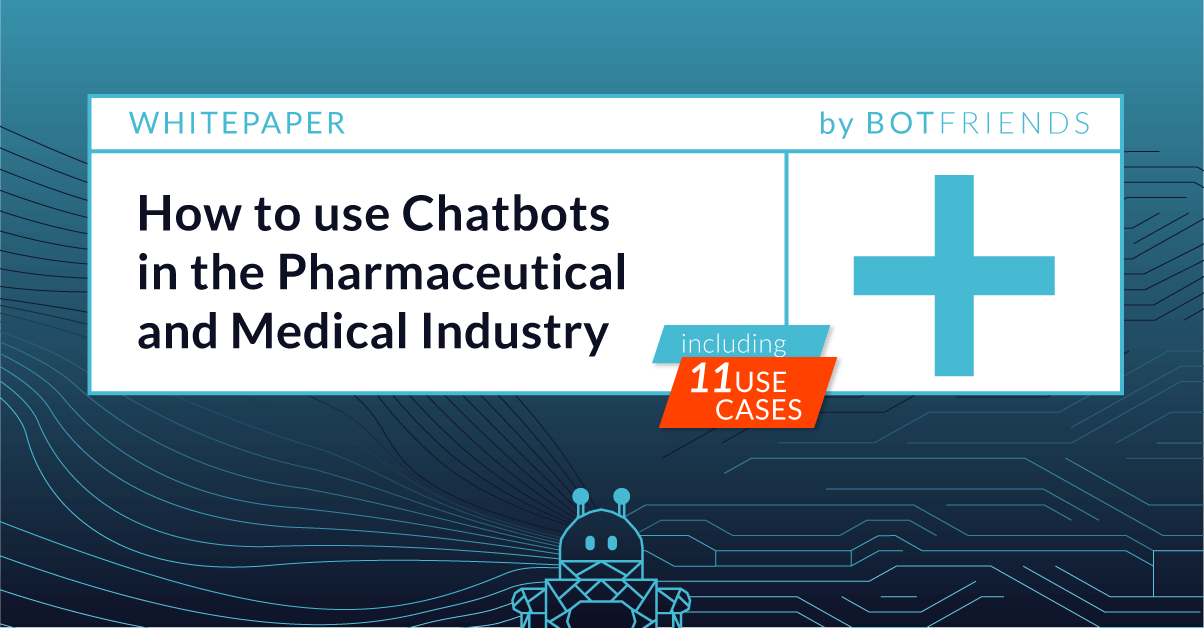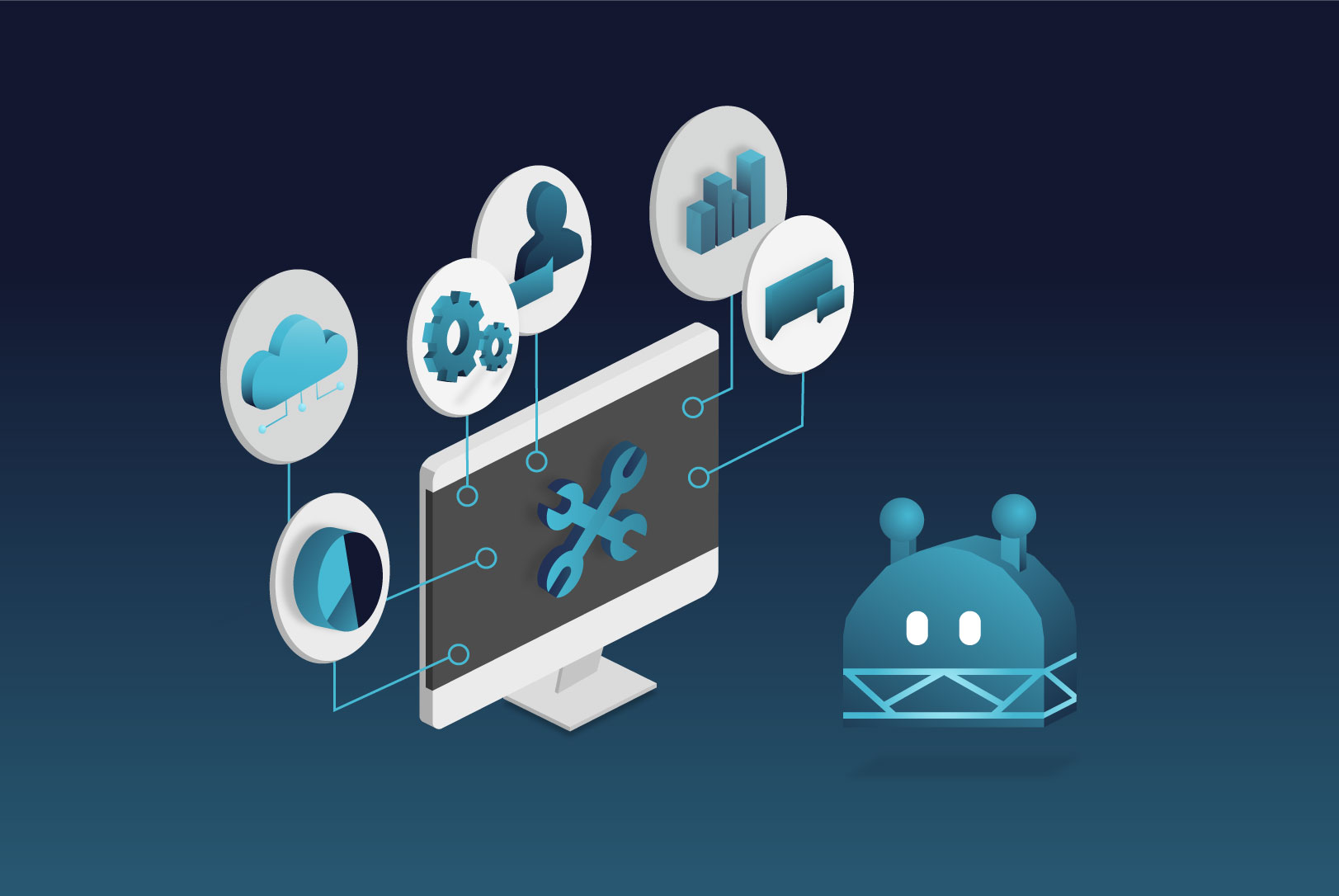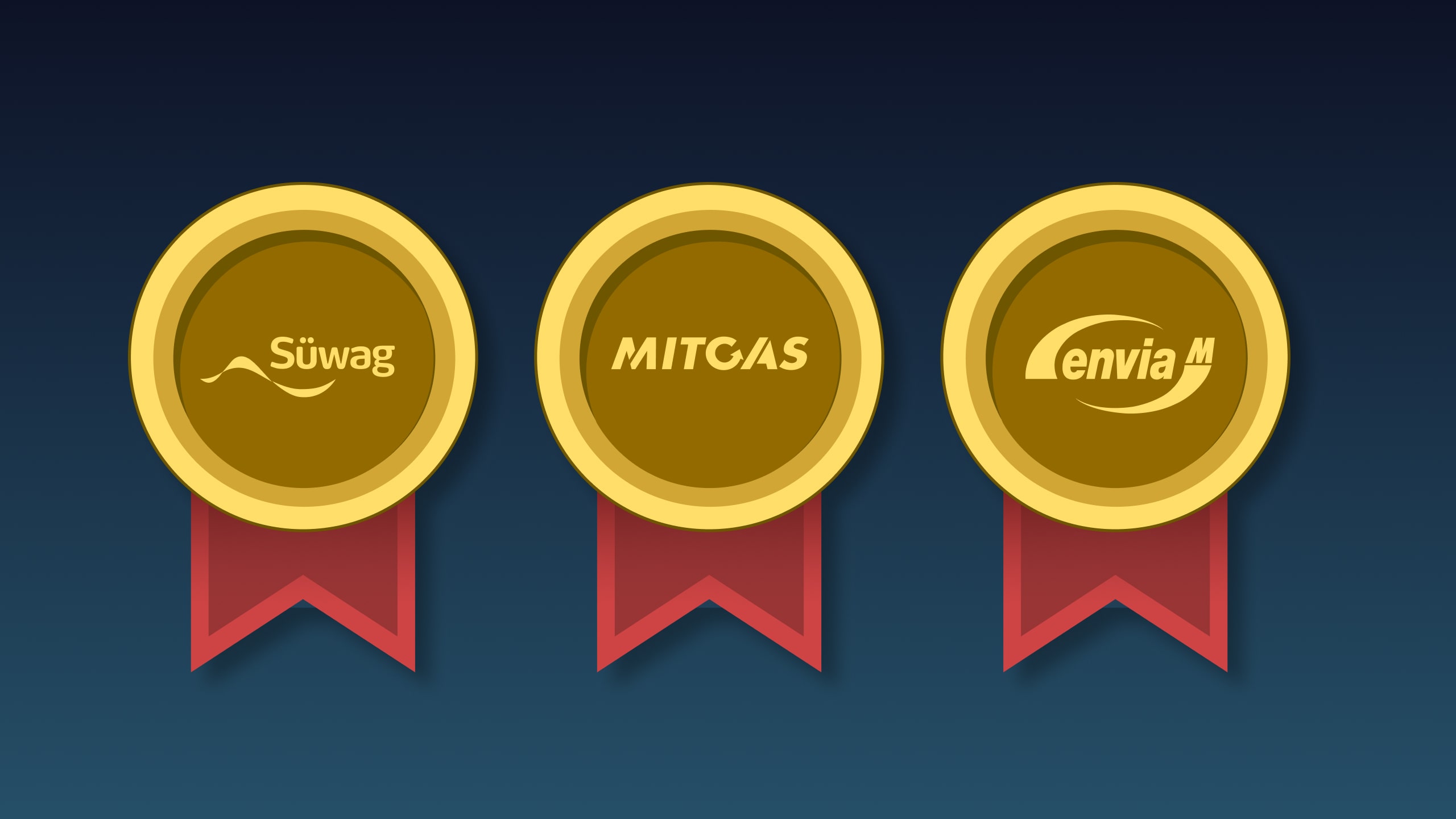In recent years, large corporations such as Apple and Google have set their sights on the health sector. This market entry of the technology groups holds a high disruptive potential for the health sector. The big players Amazon, Google, Apple and co. are not only financially strong and possess technology competence and cross-industry experience. They also bring a They also bring a different, above all data-driven, perspective to this industry.
The five largest technology groups - Alibaba, Alphabet, Amazon, Apple and Tencent - have collectively filed more than 3,500 patents for healthcare between 2014 and 2019. ("Future of health" by PwC)
Healthcare expert Dr. Thomas Solbach estimates that these companies by now hold more than 6000 health-related patents. In addition, as platform providers, these groups are also able to attack the pharmaceutical industry's distribution model.
But how do the companies proceed and how do they view themselves?
Apple's vision of more personalised care in the healthcare industry
"If you zoom out into the future, and you look back, and you ask the question, 'What was Apple's greatest contribution to mankind?' It will be about health," Tim Cook, CEO Apple
To achieve this vision, Apple relies on its own products on the one hand, and on cooperation with other companies in the healthcare industry on the other:
The core product is the Apple Watch, which offers activity tracking and a heart monitoring function, for example. It can also be connected with health apps from other providers. Apple itself also offers complementary products such as the One Drop blood glucose meter. This can be connected to the watch. This allows diabetics to save their measurement data immediately via the watch and retrieve it at any time.
This is where the next pillar of Apple's efforts in the healthcare business comes in: Apple Health. The software will enable healthcare professionals and physicians to access patient information such as lab results and the medical history of patients via their iPhone, iPad or even an Apple Watch.
One example of Apple's cooperation with other medical companies is its collaboration with medical technology company Zimmer Biomet. Together, they want to develop an app to investigate why some patients recover more quickly from certain treatments than others.
Amazon becomes an online pharmacy and offers health information via the voice assistant Alexa
Amazon's mail order business not only has a unique infrastructure that can deliver products to consumers in a very short time, but also a huge pool of customer contacts, all of whom are potential patients.
With Amazon Pharmacy, Amazon has established its own online pharmacy that can use Amazon's enormous logistics network.
One pilot project from the mail-order giant is Amazon Care. The service includes both virtual and in-person medical care, with telehealth via app, chat and remote video, as well as follow-up visits and in-person dispensing of prescription medications right at home or in the office. The service is currently only available to employees in the Seattle area.
This idea is not new; Apple also offers its employees medical treatment in its own hospitals. However, the strongly branded appearance of the portal and the marketing suggest that opening up the offer to other groups of people may already be under consideration.
Another clever move by Amazon was to equip the voice assistant Alexa with new skills for the health sector. With Alexa's help, users can find a doctor, make an appointment, and get status updates on their medication delivery. Members of Boston Children's Hospital's ERAS program can even get information about their surgeries through the virtual assistant.
Google relies on artificial intelligence, chatbots and voicebots
For many patients, the search for the right doctor begins with Google Maps. And before and after a visit to a doctor, they use Google to get information. From this perspective, Google has been in the healthcare business for a long time.
"I believe Google is already a health company. It's been in the company's DNA from the start. David Feinberg, Head of Google Health
In order to offer further services and position itself even more strongly, Google has now developed, for example, Healthcare Natural Language API and AutoML Entity Extraction for Healthcare. These artificial intelligence tools can help healthcare organisations scan and analyse large amounts of unstructured text. Google Cloud's EHR Voice Assistant Suki helps medical staff with documentation and management.
The Company relies heavily on artificial intelligence and Conversational AI to assist in diagnostics or data management.
What does this mean for the long-established players in the health industry?
In the future, pharmaceutical and medical companies will have to compete not only with each other, but also with these financially strong and highly innovative large corporations.
They have the choice whether they want to go their own way or whether they want to enter into cooperations with the large corporations or start ups in order to actively shape this development.
The first step is a thorough analysis of the own know-how and the product portfolio to find out which use cases are possible and promising.
In our white paper we have compiled 11 use cases for the pharmaceutical and medical industry. These can serve as orientation and inspiration where companies can realize Digital Health for themselves with chatbots, voicebots and virtual assistants.




